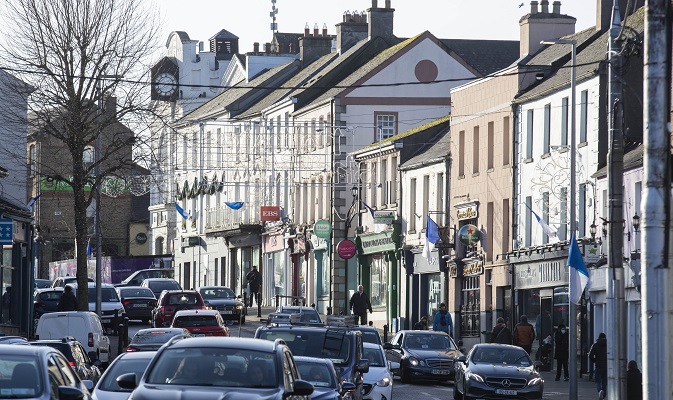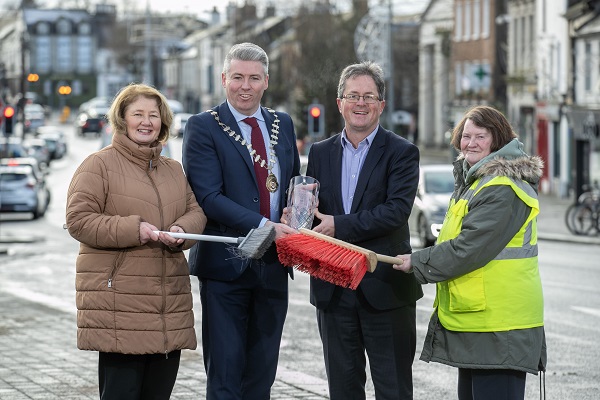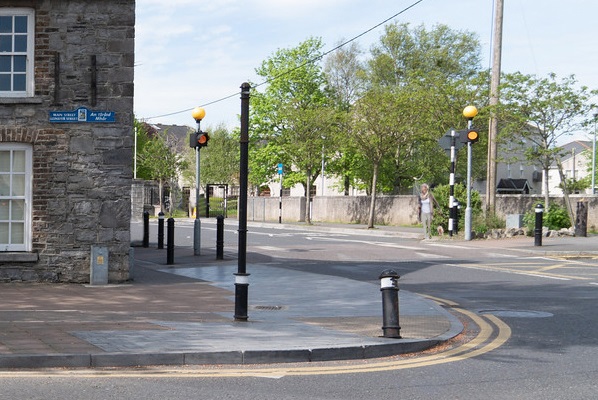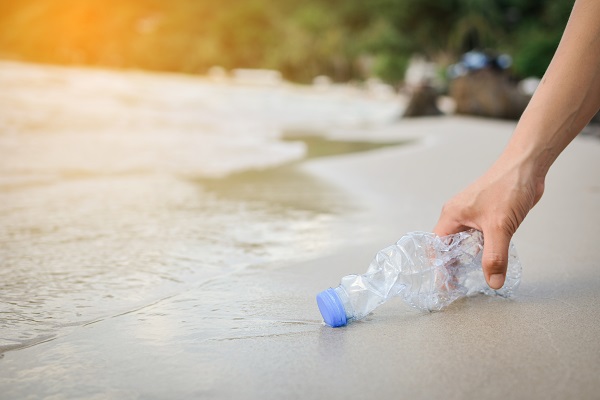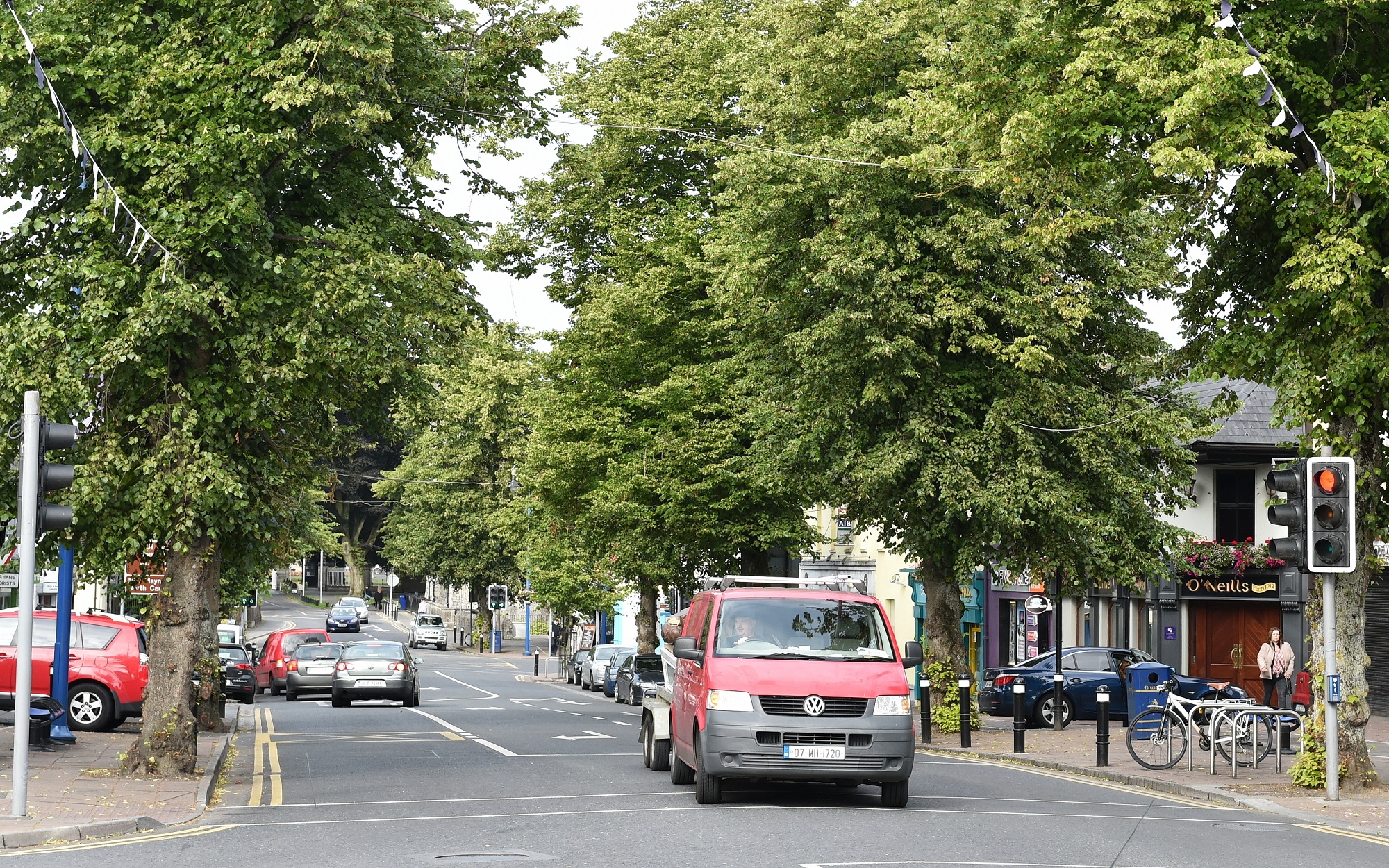
Fewer blackspots lift cities and towns in latest survey
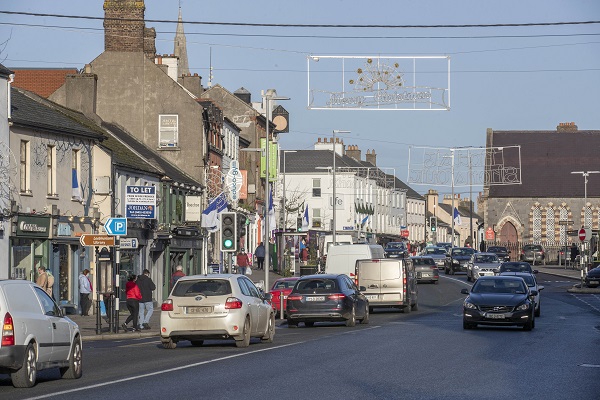
June 2022 – A sharp fall in the number of litter blackspots across the country has brought an improvement in cities in particular, according to a new litter study. The latest survey by Irish Business Against Litter shows Galway, DubIin and Limerick all cleaning up, while the capital’s North Inner City registered its best result in years. PPE litter is on the decrease, but the prevalence of coffee cups on our streets warrants action such as a levy, says IBAL. 2022 marks the 20th year of the IBAL litter surveys.
Two-thirds of the 40 towns and cities surveyed were found to be clean, among them Naas, which retained its position atop the rankings, ahead of Letterkenny and Cavan.
Overall litter levels showed a decrease on last year, with a dramatic fall of 50% in the number of sites within towns deemed to be ‘litter blackspots’. As a result, only two areas – Drogheda and Ballybane in Galway – were categorised as ‘Seriously littered’.
An Taisce, who carry out the surveys on behalf of IBAL, identified dumping at Ballybane Village with “all manner of litter (and) a mountain of black sacks”, and cited “an incredible air of neglect” at Ballybane Industrial Estate, which was used as a dumping ground.
Disadvantaged urban areas cleaning up
There was further improvement for Limerick South (Galvone). A ‘litter blackspot’ at the foot of the table for years, it was again deemed ‘littered’, while Dublin’s North Inner City recovered from ‘litter blackspot’ status last time to record one of its best results.
“We’ve been calling on local authorities to prioritise the very bad sites in a town or area and it seems this call has been heeded,” comments IBAL spokesperson Conor Horgan. “We see the benefits especially in urban areas, where very heavy littering and dumping was at its worst. It’s early days, but there are signs that the disadvantaged areas we have focussed on are finally coming good, albeit from a low base.”
Ballymun, branded a litter blackspot a year ago, was another such area to improve, rising to ‘moderately littered’, as was Cork Northside.
Fall in Covid-related litter … but coffee cup litter remains high
The prevalence of PPE masks fell sharply compared to the previous survey, present in 17% of sites examined, compared to 32% in 2021. There was also a fall-off in alcohol-related litter, which contributed to an improvement in the state of public parks, 80% of which were clean. Recycle centres were also cleaner. However, coffee cup litter remained high, evident in one quarter of all sites surveyed.
“The findings bear out the need for action on coffee cups,” contends Mr Horgan. “We must disincentivise the use of paper cups – even compostable or recyclable ones – as too many of them are ending up on the ground. In the light of our survey, the Government move towards a levy makes a lot of sense.”
The survey suggests that Ireland is seeing a return to normality post-Covid. “With cleaning schedules back to normal, less PPE litter and less alcohol consumption outdoors, litter levels have fallen. However, despite improvements, the centres of our main cities are still littered at a time when we are welcoming our peak tourist numbers. For a high-cost destination, higher standards are required,” comments Mr Horgan.
ENDS
Editors note:
Set up in 1996, Irish Business Against Litter is an alliance of companies sharing a belief that continued economic prosperity – notably in the areas of tourism, food and direct foreign investment – is contingent on a clean, litter-free environment.
As part of the IBAL Anti-Litter League, An Taisce monitors towns independently and in accordance with international grading standards.

